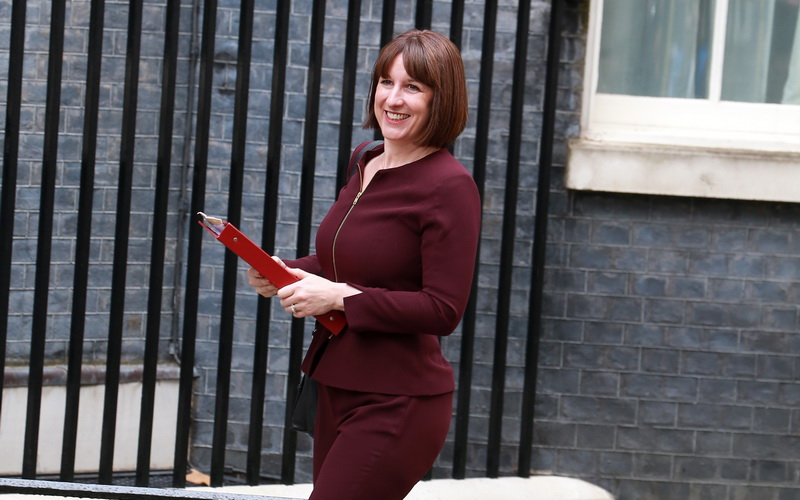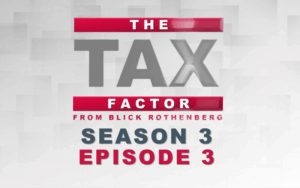
Is the End of the Triple Lock Pension Inevitable?
Soaring Costs May Force Government Rethink
10 July 2025 | Author: Tomm Adams
The triple lock pension system long seen as a safeguard for UK retirees could be reaching the end of the road
Tomm Adams, Partner, commented:
We will likely see the triple lock pension end when the current Parliament does, as the cost of providing it to the UK’s aging population is increasing and Government debt is rising.
Triple the Price: £15.5bn by 2030
The scale of the issue has been underlined by the Office for Budget Responsibility (OBR), which recently projected the cost of the triple lock to rise to £15.5 billion by 2030 – three times more than originally forecast when the policy was introduced in 2011 under David Cameron and Nick Clegg.
How the Triple Lock Works and Why It’s Under Pressure
The triple lock policy was designed to ensure that the state pension would rise by whichever was highest out of inflation, wage increases, or 2.5%, providing a guarantee that pensions would maintain their value over time.
However, global economic volatility has intensified the strain on public finances.
But there has been economic volatility in the UK due to wider world events, meaning the inflation-linked part of the triple lock has kicked in, but tax receipts and wages haven’t increased in line with that inflation, creating the current cost-of-living crisis.
A Growing Burden but Lower Returns for Retirees
Despite the increasing expenditure, the UK still lags behind many European countries in terms of pension generosity. The state pension already consumes 5% of the UK’s annual GDP, with that share expected to rise.
The State pension is already 5% of annual GDP and is set to increase significantly in coming years. However, this 5% is rather low compared to other European jurisdictions such as Italy at 10.6% and Spain at 8.9%.
But the average British retiree only gets 22% of their pre-pension salary from the state, verses 76% in Italy and 80% in Spain.
What Comes Next: Policy Reform on the Horizon
The combination of demographic pressures, fiscal constraints, and economic challenges could lead to significant changes – regardless of which party forms the next Government.
Regardless of the next Government, we will likely see an end to the triple lock and an increasing retirement age. The latter will exacerbate the class divide between those in physically demanding versus those in desk jobs.
Instead of relying on the state pension, the focus may need to shift toward strengthening workplace and private pension schemes.
Tomm said:
The current and next Government should focus their attention on building an adequate workplace pension system with better financial education for today’s working population, maintaining tax incentives for careful savers, and reviewing employment laws around minimum pensions provision in the workplace.
Would you like to know more?
If you have any questions about the above, please get it touch with your usual Blick Rothenberg contact or Tomm using the form below.
Contact Tomm

You may also be interested in

Transfer Pricing – Aligning tax strategy with business goals – Flyer

Lifetime ISA: Why Reform Is Overdue in the Autumn Budget













